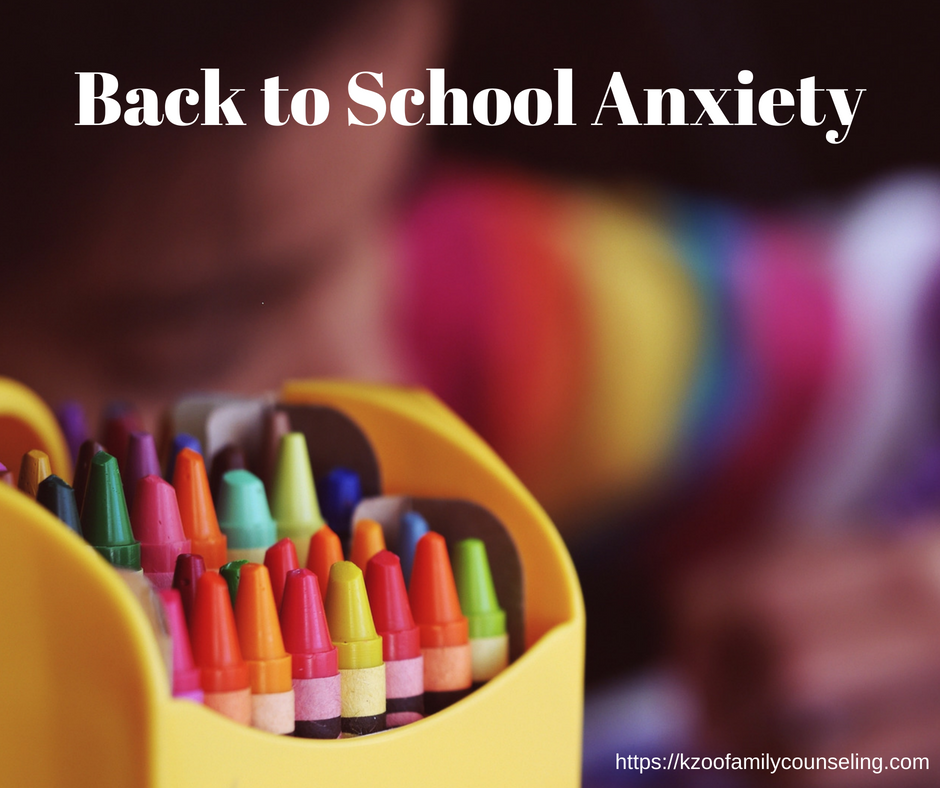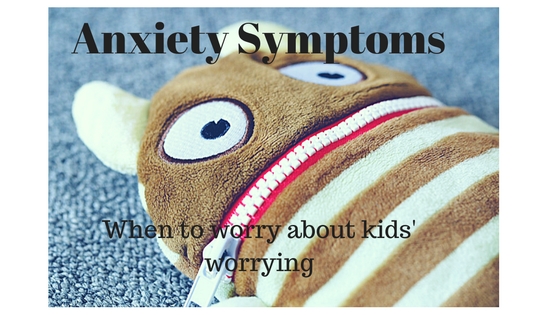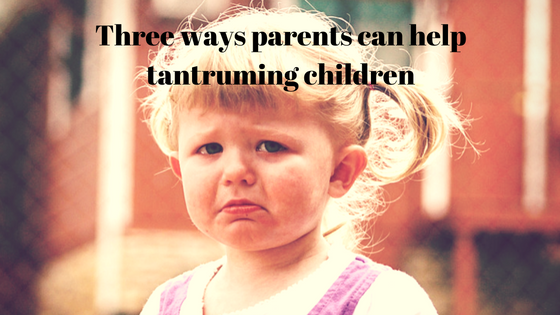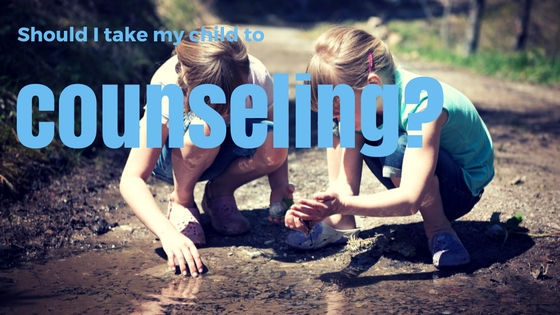
Teen Depression
Teens and Depression
Sleeping too much, irritability, mood swings these are all descriptors of adolescence. Depending on the severity they can also be depression symptoms. Teenagers face a lot of challenges as they juggle figuring out who they are, while trying to fit in with peers. Also, teen depression goes beyond moodiness, and can be a serious problem. It is difficult to parse what might be normal for teens.
Learn about signs of teenage depression
Depression is one of the most common mental health problems in adolescence. Contrary to what parents might expect teens with depression usually don’t just seem sad or mopey—They often seem irritable, and angry. Agitation and irritability are some of the most common symptoms of teen depression.
Common symptoms of teen depression
- Difficulty concentrating
- Difficulty making decisions
- Sadness or a feeling of hopelessness
- Anxiety
- Staying awake at night and sleeping during the day
- Sudden drop in grades
- Use of alcohol or drugs and promiscuous sexual activity
- Withdrawal from friends and or family
- Irritability, anger, or hostility
- Tearfulness or frequent crying
- Loss of interest in activities
- Fatigue or lack of energy
- Sleep too much or too little
- Feelings of worthlessness and guilt
- Lack of enthusiasm and motivation
- Thoughts of death or suicide
Suicide and Teen Depression
Severely depressed teens often think and talk about killing themselves. A terrifying amount of teenage suicide attempts are successful. Additionally, it is important for any talk or attempt of suicide to be taken very seriously. Also depressed teenagers are at particularly higher risk for actually completing suicide, and therefore should be watched closely any signs of suicidal thoughts or behaviors.
Red Flags for Teen Depression and Suicide
- Talking about or joking about suicide or dying
- Risky or reckless behavior, like driving erratically, or doing other dangerous things
- Writing a suicide note
- Having or talking about a plan to kill themselves
- Giving away prized possession
- Seeking access to firearm, pills, knife or other ways to implement a plan to kill themselves
- Speaking positively about their death, “My family would be happier if I was just dead.”
- Saying goodbye to friends and families as if for the last time
If your teen is doing any of these things, don’t wait call the National Suicide Prevention Lifeline at 1-800-273-TALK or take your teen to an emergency room to be evaluated. September is national suicide prevention awareness month. Please take some time this month to talk to your teen about how they’re feeling, check in with them and let them know you’re there.
Jeff LaPonsie LMSW
Jeff LaPonsie is a clinical social worker at Kalamazoo Child and Family Counseling, PLLC. He provides counseling to children and families in the Kalamazoo, Portage, South West Michigan area. He is passionate about helping challenging children and frustrated parents. Jeff has over seven years of experience working with at risk youth. His clinical expertise includes working with children with behavioral, anxiety, attachment and trauma related disorders.








Recent Comments